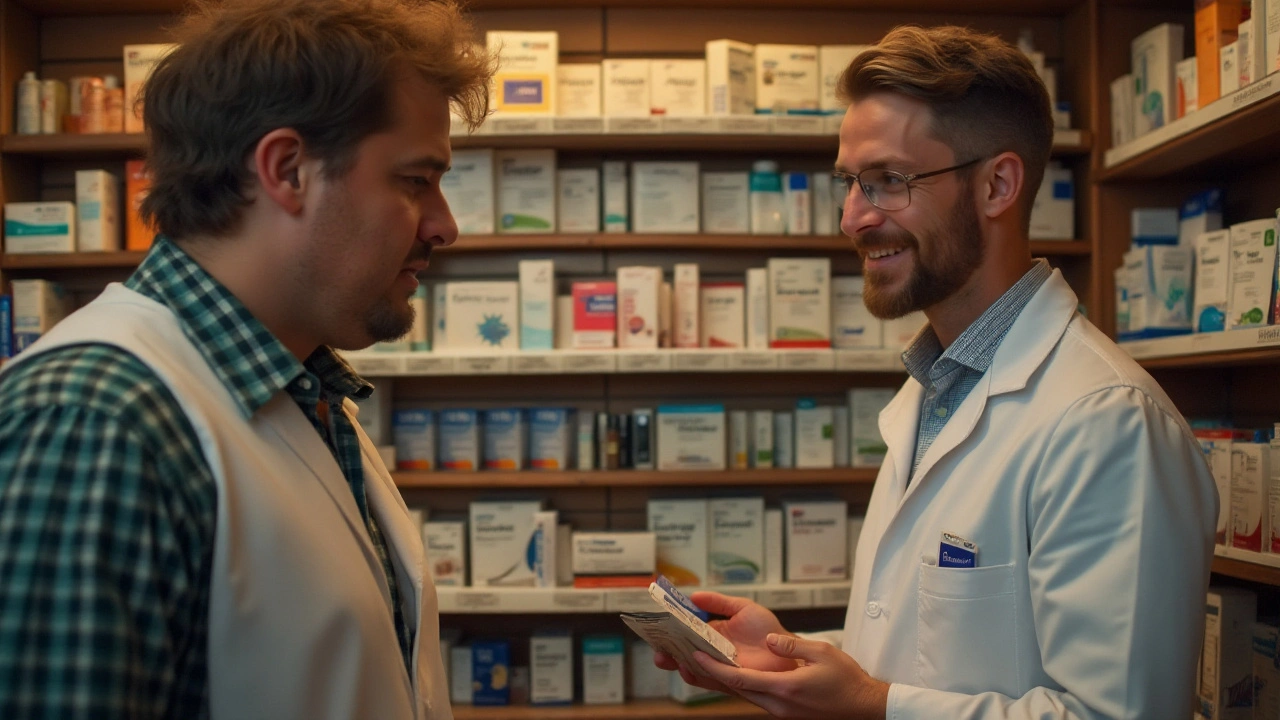HSV – What You Need to Know About Herpes Simplex Virus
Herpes simplex virus (HSV) is one of the most common viral infections worldwide. It comes in two types: HSV‑1, which usually causes cold sores around the mouth, and HSV‑2, which typically shows up as genital lesions. Both types can spread through skin contact, sharing utensils, or intimate contact. Even if you’ve never had an outbreak, the virus can stay dormant in nerve cells for years.
Most people carry HSV without realizing it. In many cases the infection is mild or completely silent, so you might not notice any signs until a trigger—like stress, illness, or sunlight—reactivates the virus. When that happens, you’ll see tingling, itching, or small blisters at the site of infection.
Common Symptoms & How to Spot Them
Typical HSV‑1 symptoms include a cluster of painful fluid‑filled blisters on the lips or inside the mouth. They often burst, crust over, and heal within 7–10 days. HSV‑2 usually appears as grouped sores on the genitals or anal area, which can be tender and may ooze before scabbing.
If you notice any of these signs—especially a sudden burning feeling followed by blisters—you should consider testing. A simple swab from an active lesion is enough for a lab to confirm HSV. Early diagnosis helps you manage flare‑ups and reduces the chance of passing the virus to others.
Treatment Options & When to See a Doctor
Antiviral medications like acyclovir, valacyclovir, or famciclovir are the mainstay of treatment. They can shorten outbreaks, lessen severity, and lower transmission risk when taken daily as suppressive therapy. For occasional flare‑ups, a short 5–10 day course works well; for frequent episodes, doctors may recommend long‑term dosing.
Don’t wait until an outbreak is severe to seek help. If you experience painful sores, fever, or flu‑like symptoms, schedule a visit. Pregnant women, people with weakened immune systems, and those with new sexual partners should be especially vigilant.
Living with HSV isn’t the end of the world. Practicing safe sex, avoiding direct contact during an outbreak, and keeping your immune system strong can keep symptoms at bay. Regular check‑ups and honest conversations with healthcare providers make managing the virus much easier.
This tag page collects articles that dive deeper into specific aspects of HSV—like how to buy antivirals online safely, what over‑the‑counter products might help, and personal stories from people living with herpes. Browse the list below to find practical tips, medication guides, and expert advice tailored to your needs.
6 Effective Valtrex Alternatives for Herpes Management
Valtrex is a commonly used antiviral medication for treating herpes infections, but there are several effective alternatives available. Acyclovir, Famciclovir, and Valcyte offer varied solutions based on individual needs and virus types. Additionally, Penciclovir and Docosanol provide topical treatments for cold sores, while Foscarnet is reserved for severe infections. Each alternative has distinct benefits and potential drawbacks, making it important to choose the right one based on personal medical circumstances.
